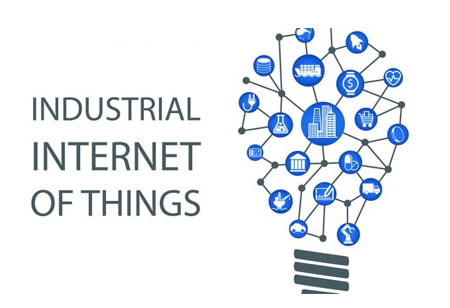THANK YOU FOR SUBSCRIBING
Useful Applications Of Cognitive Computing Technology
Cognitive computing is a technological buzzword.

By
Apac CIOOutlook | Friday, May 28, 2021
Stay ahead of the industry with exclusive feature stories on the top companies, expert insights and the latest news delivered straight to your inbox. Subscribe today.
Cognitive computing is a technological buzzword. Cognitive computing can indeed be a useful tool when it comes to analyzing data – to most businesses, data is essential, and leveraging that data to further research, grow the market, or utilize it for insight into the customer experience is crucial.
Cognitive computing can also help bring departments together. Each department sometimes houses its own data set, but cognitive computing can enable bringing this data together and analyzing it for better holistic ideas for driving the business forward. These better insights can empower businesses to make smarter or faster decisions. In fact, most high-performing businesses pay credit to their cognitive computing capabilities for their success, including their ability to be responsive and agile, as well as their financial figures.
Let us look at the benefits of cloud computing:
• Finance and Investment Firms: Investment firms can utilize cognitive computing applications to analyze the market in certain ways for their clients, as well as work with the software to make valuable suggestions.
• Healthcare and Veterinary Medicine: With access to patients’ past records and a database of medical information, this kind of cognitive computing tool can enable a physician to interact with it and also ask questions about treatment.
• Travel: Cognitive computing apps in travel could aggregate available travel information, like resort and flight prices and availability, as well as combine that with user preference, budget, and more to help provide a streamlined, custom travel experience that could save consumers money, time, or both.
• Health and Wellness: With data input from wearable devices such as an Apple Watch or FitBit, apps can help individuals and personal trainers get suggestions for how to change their diet or exercise program or how to maintain their sleep and stress-reducing routines.





